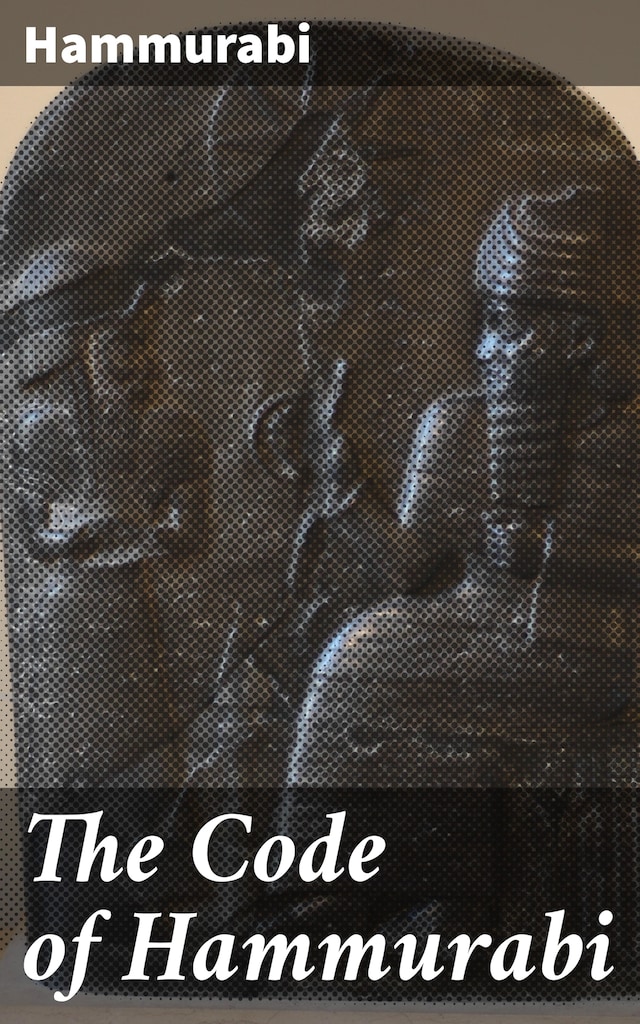
The Code of Hammurabi
Insights into Ancient Babylonian Law and Justice
Om bogen
The Code of Hammurabi, written by the ancient Babylonian King Hammurabi, is a significant piece of literature that provides insight into the laws and societal norms of Mesopotamia in the 18th century BCE. This legal code consists of 282 laws covering various aspects of daily life, including family, property, and commerce. Hammurabi's writing style is straightforward and concise, reflecting the practical nature of the laws. The inclusion of punishments for violations demonstrates the importance of maintaining order and justice in Babylonian society. The Code of Hammurabi serves as a valuable historical resource for understanding the legal systems of ancient civilizations and the concept of justice in early societies. It also highlights the importance of written laws in governing a complex society. Hammurabi, as the King of Babylon, had a vested interest in creating a legal system to govern his kingdom fairly and efficiently. His background as a ruler and lawmaker influenced the content and structure of the code. Through this work, Hammurabi aimed to establish his reputation as a wise and just ruler. I highly recommend The Code of Hammurabi to readers interested in ancient history, legal systems, and the development of civilization. This text provides valuable insights into the origins of law and the societal values of ancient Mesopotamia.
 Hammurabi
Hammurabi 38 Sider
38 Sider